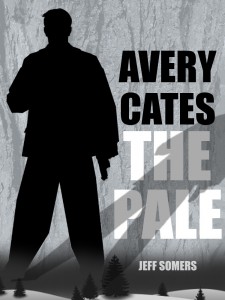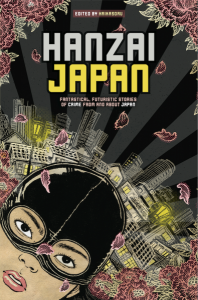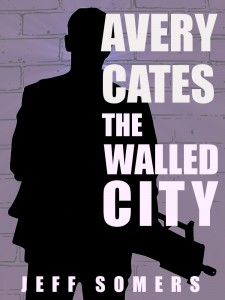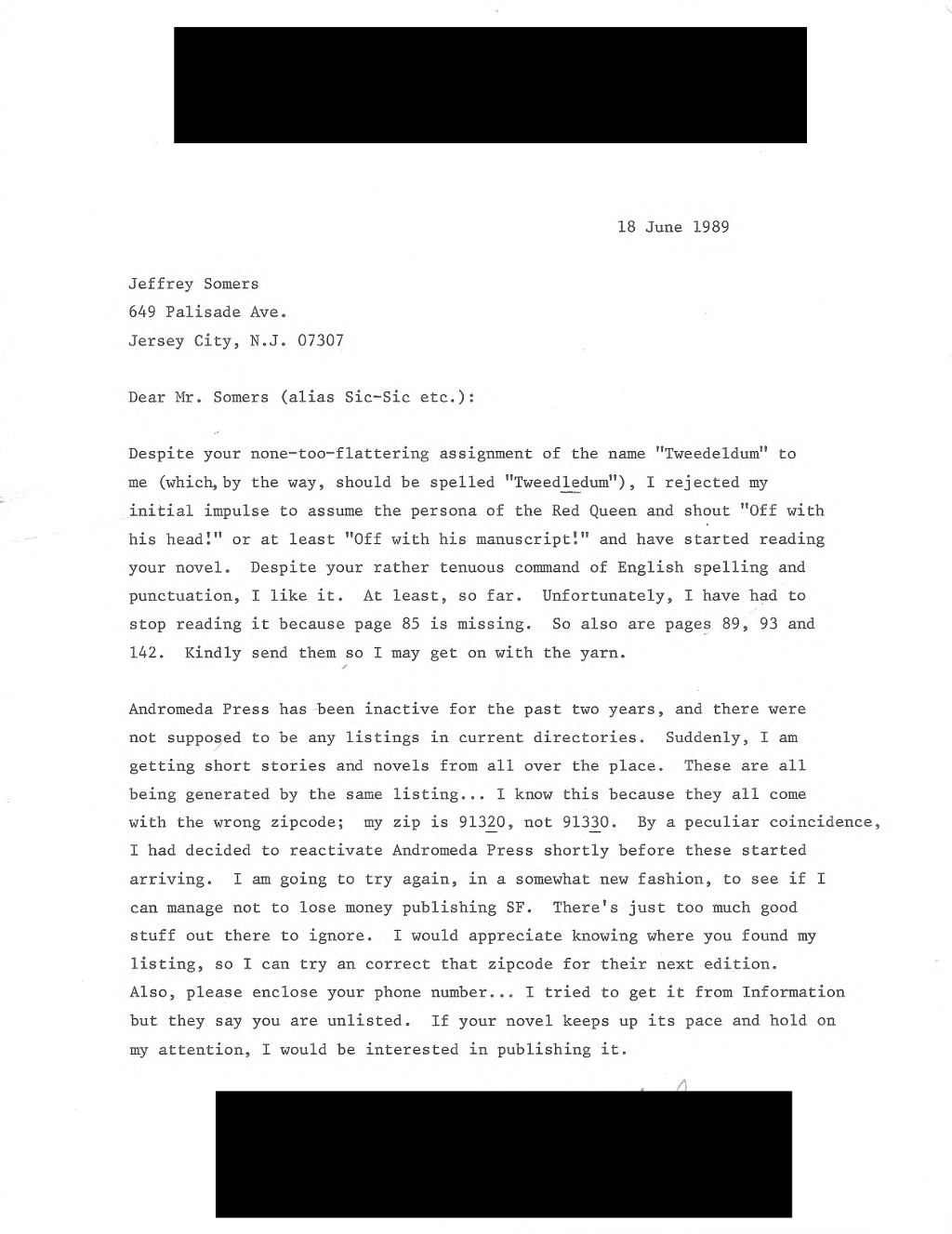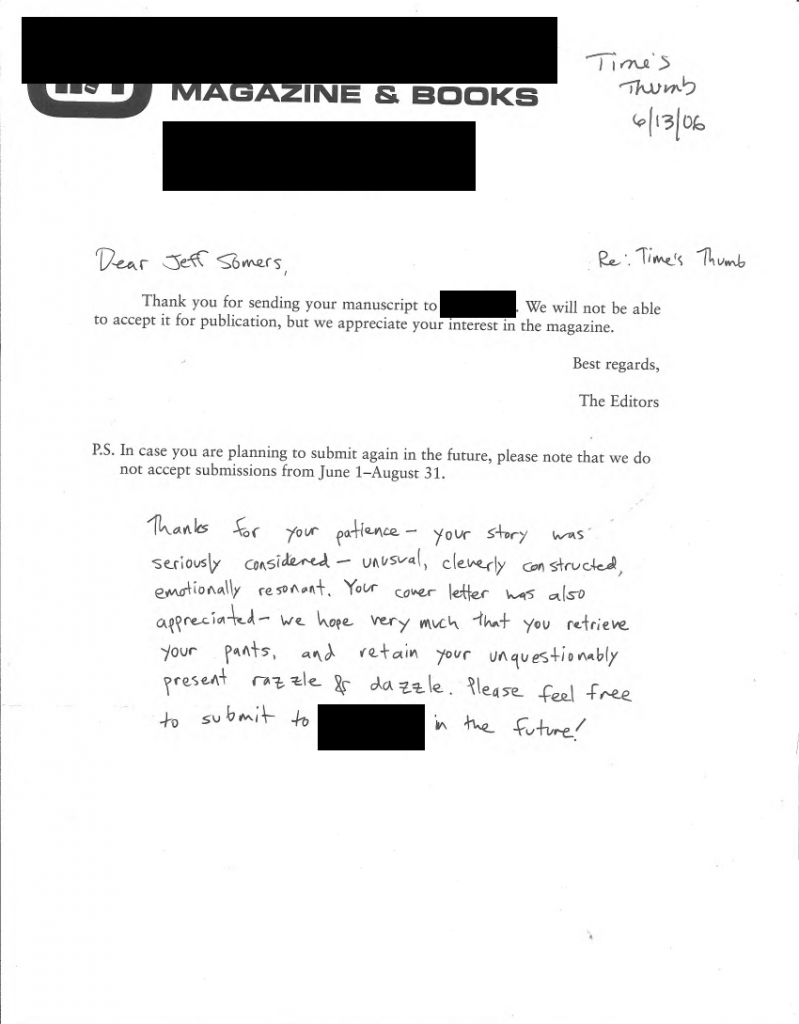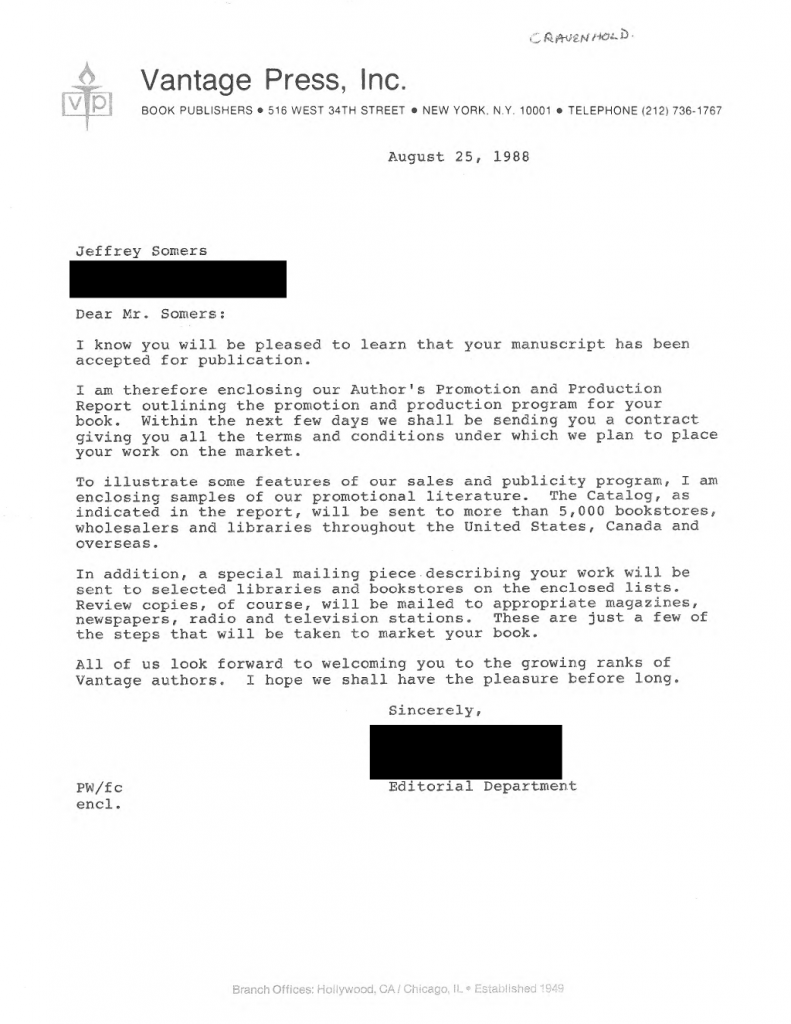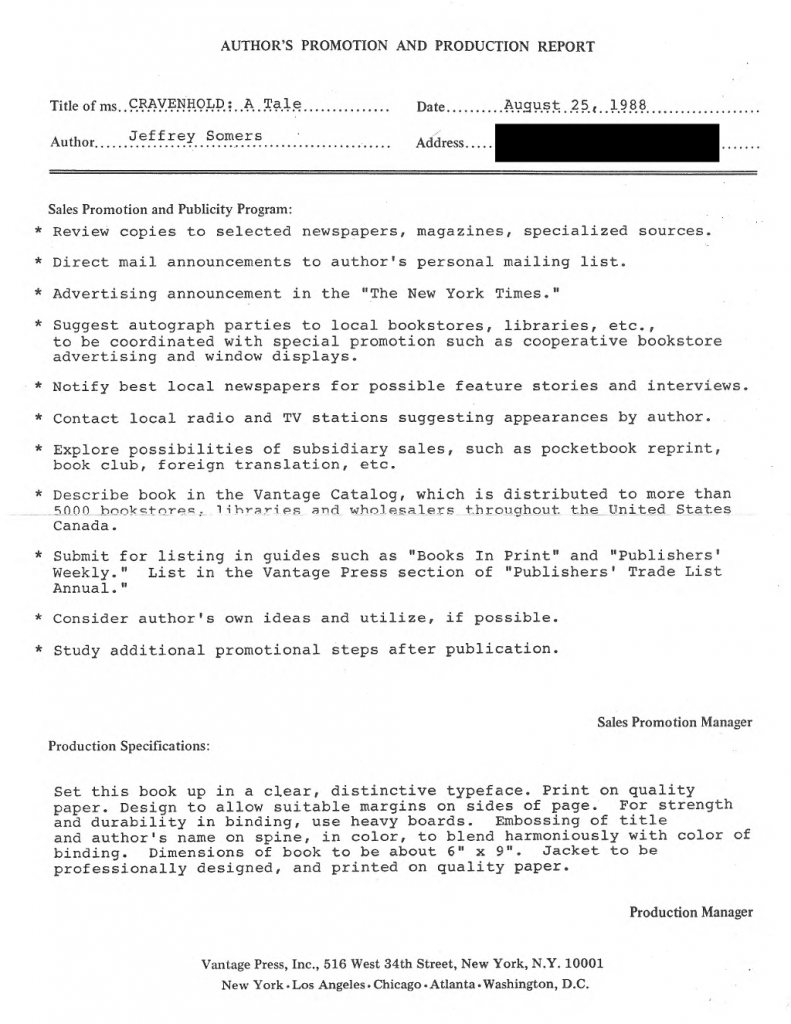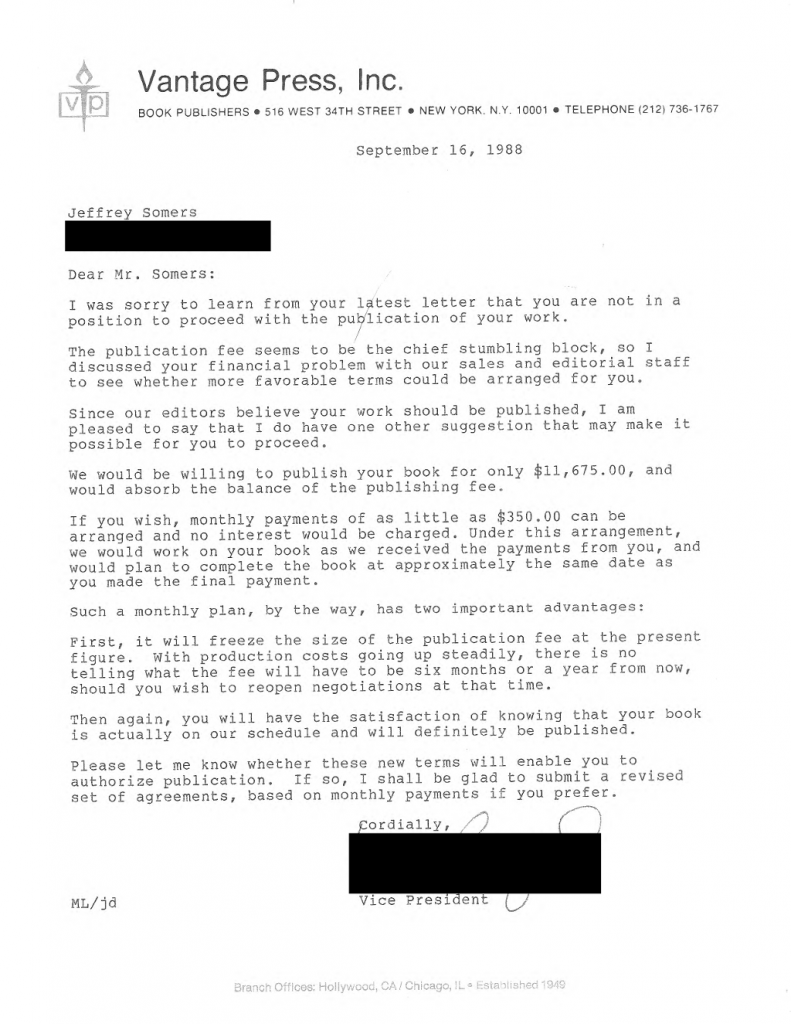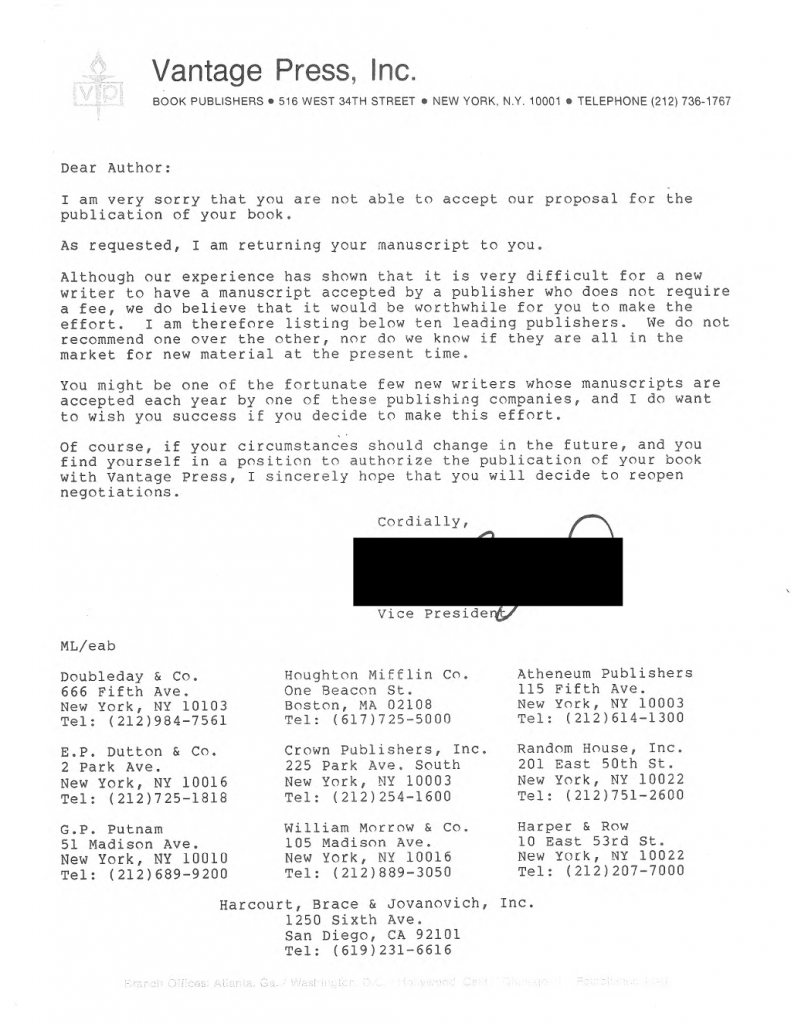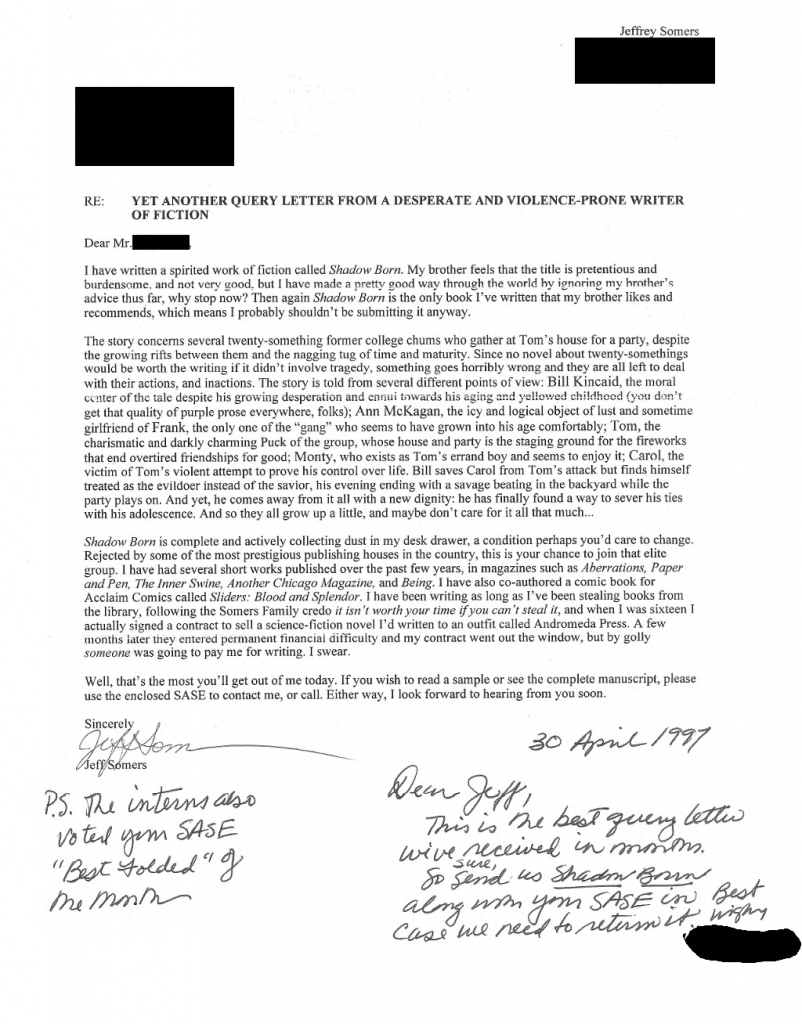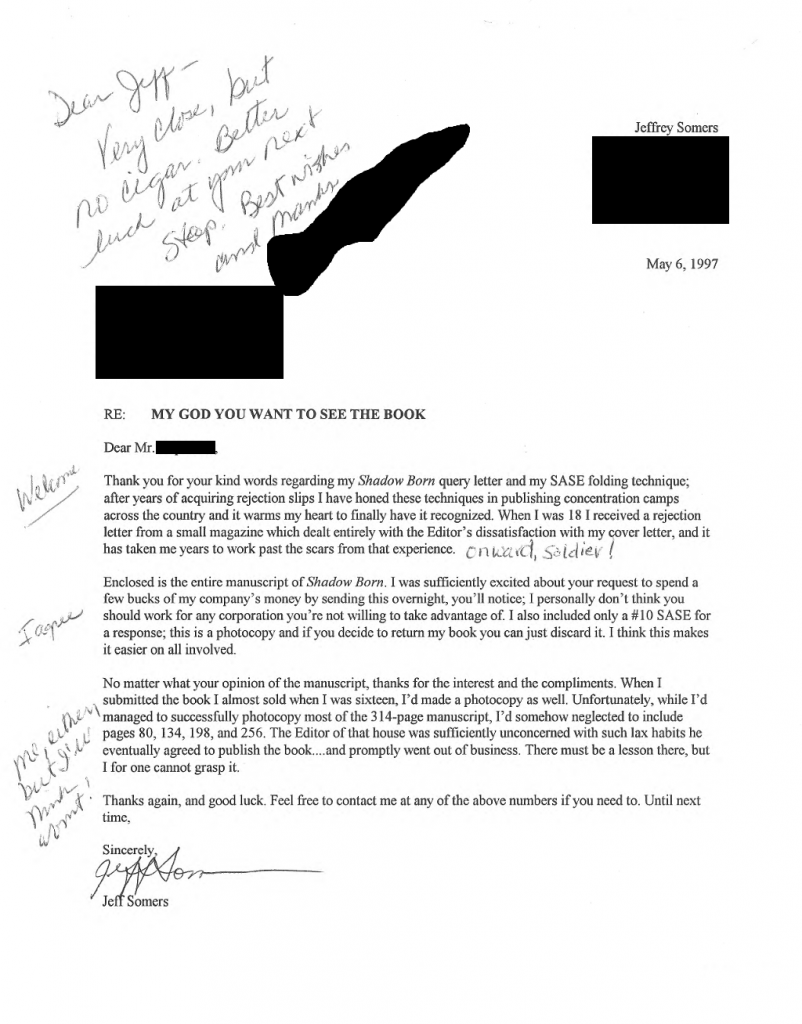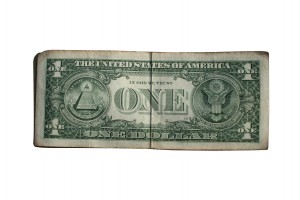880
Ever have one of those moments when you think about something and realize some insane fact or statistic? Happens to me all the time. I’ve mentioned my casual relationship with time before; things just slip by me, and that also translates to being generally unaware of statistics about my life. Like how old I am. Or how many pairs of pants I’m currently wearing (the Margin of Pants Error is HUGE).
So today I was wondering how many freelance articles I wrote this year. Don’t why it occurred to me to think about it; generally I’m much more interested and concerned about how much money I’ve earned writing freelance pieces, as money can be readily exchanged for liquor, whereas vague reflections on the professional year that was usually cannot. So I sat down and counted them all, and the number is 880.
Eight hundred and eighty.
Now, more than half of those you won’t see my name next to, as they were ghost-written. And thank god. A lot of freelance writing is like doing porn: You’re not ashamed, per se, because it takes skills most people don’t have and you got paid for it. But it doesn’t mean you want the relatives looking it up online when you come home for the holidays. But that does leave more than 400 essays and articles that do bear my name, and at any rate 880 is just a big number. And December just started. It’s possible, though unlikely, I’ll hit 1,000 before the year’s out.
At any rate, even if I got hit by a bus tomorrow and couldn’t write good no more, I’d still average more than 2 articles a day, and since I spend my weekends in an alcoholic haze that means I actually average much more on a typical work day. That just makes me sleepy. Who was this energetic, motivated person cranking out these writings? Not me, certainly. I like to sleep in, nurse my hangovers, and read essays about Doctor Who Easter Eggs online.
In-between all that freelance writing, I also wrote one novel, got about 50% through two other novels, wrote a number of essays for other websites in the spirit of self-promotion, and 24 short stories with one more about 90% finished as I sit here. And submitted 23 of those stories to markets, selling exactly one. And that doesn’t even count blog posts — oh so many blog posts. I am, without meaning to be, one busy motherfucker.
What’s my point? Aside from once again underscoring the fact that my sole skill in this life is tapping a keyboard in creative ways, it goes to show the value of putting your head down. I didn’t start the year with a stretch goal of 1,000 freelance articles plus assorted fiction. I started the year thinking about writing one piece that day to make a certain amount of money. It’s the same with a novel or a short story. Start with the first line, go from there. Don’t think about how many you’ve piled up. Word count is useful, but distracting: Ignore it until you need to know what it is (i.e., when you’re sending it somewhere for submission or evaluation).
I am suddenly exhausted, so my stretch goal of improving the Margin of Pants Error has to be deferred until 2016. I’m sure you understand.


